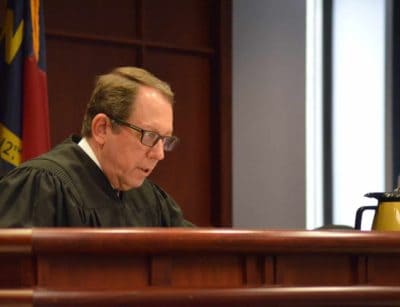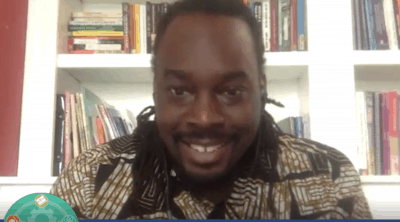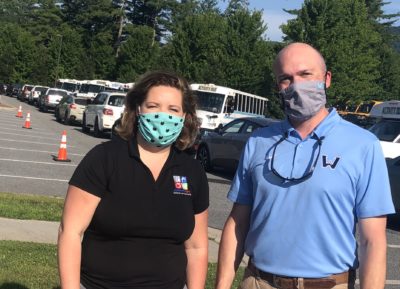

State legislators and local officials, school superintendents and teachers, the unemployed, renters and food-insecure, all in uncertainty, await a second round of coronavirus relief from a fragmented federal government. Regardless of the outcome of negotiations in Washington, North Carolina will face, in the not-so-distant future, the question of how much the state itself should invest in its own pandemic recovery and rebuilding.
With balanced-budget requirements, states and localities cannot muster the fiscal strength and act with the flexibility of the federal government. Moreover, the COVID-19 outbreak is of such scale as to constitute public health and economic crises that require a national response.
The Democratic-majority U.S. House has adopted an expansive $3 trillion relief package. Republicans who hold a majority in the U.S. Senate have bargained among themselves and with the White House to develop a counter-proposal leading to House-Senate negotiations.
In his four-page letter last week to the North Carolina congressional delegation, Gov. Roy Cooper reported that state and local governments experienced more than $6 billion in losses, counting both general and transportation revenues. And, he said, revenues are not likely to rebound to 2020 levels until 2023.
To open K-12 schools, colleges, and universities effectively, he argued, federal assistance is essential. “Without it,” he wrote, “these institutions will not be able to purchase the essential cleaning supplies, personal protective equipment and other materials necessary to create a safe and productive learning environment, including the ability to pay teachers and staff who will be on the frontlines of the pandemic. We also must ensure our ability to address nutrition for students, both those in school and those distance learning.”
Whatever funding emerges from Washington to offset pandemic-induced losses, public education will remain more a state-local than a federal budgetary responsibility. And, while the disruption to schooling has spotlighted the digital divide and others inequities to be addressed, the contagious virus has not wiped away the Leandro rulings, the post-secondary attainment goals of the myFutureNC commission, or the call of business leaders for expanding access to high-quality pre-K.
Between now and the Nov. 3 election day, it’s fair to say, the time isn’t conducive to a serious open discussion of revenues required for educational advancement. Already, the TV screen is filling up with drearily routine commercials of candidates seeking to bludgeon opponents for “taxing-and-spending.”
To cope with the Great Recession of a decade ago, the General Assembly imposed a modest temporary surcharge on individual and corporate income taxes in 2010. Subsequently, after their party won the governorship and solid legislative majorities in 2012, Republican lawmakers went on a tax-cut spree, reducing sales, corporate, and individual income taxes. Tax changes since 2013, according to a pre-pandemic joint assessment of legislative and administration budget staffs, reduced annual general fund revenues by more than $4 billion in 2019-2020.
After 2020, what then? Two dynamics, one from recent history, one in progress, offer perspective.
In 1995, after Republicans won a state House majority, Democratic Gov. Jim Hunt rolled out a tax reduction package that went well beyond what GOP legislators had in mind. A nearly half-billion-dollar cut resulted. “Stealing the GOP’s thunder was a neat political trick, but it was bad policy,’’ Gary Pearce wrote in his biography of Hunt, who would later “regret the lost revenue’’ for dealing with hurricanes and a subsequent recession.
Indeed, the next governor, Democrat Mike Easley, dealt with the 2001 recession in his first two years in office. He got the legislature to raise taxes — a two-year increase on both sales and income taxes on high earners. The “temporary’’ taxes were extended as the Easley administration pursued pre-K and early college initiatives. He linked tax increases, as well as the state lottery, to education. He went on to win a second term in the 2004 election.
Even before the pandemic hit and curtailed air and automobile travel, the state Department of Transportation realized that conventional motor fuels and highway-use taxes no longer guaranteed sufficient revenues in light of fuel-efficient vehicles and shifting demographics. Since March 2019, the 14-member NC First Commission has studied not only needs but also revenue options, such as mileage-based user fees. Its report is due after the elections.
The General Fund of state government, which finances education, health, law enforcement, and much else, would benefit from a parallel effort to align needs and revenues in light of the health and economic crises. Hard realities pose hard decisions, testing political leadership, to preserve and strengthen the state’s infrastructure of opportunity of which public schools, colleges, and universities are key components.







